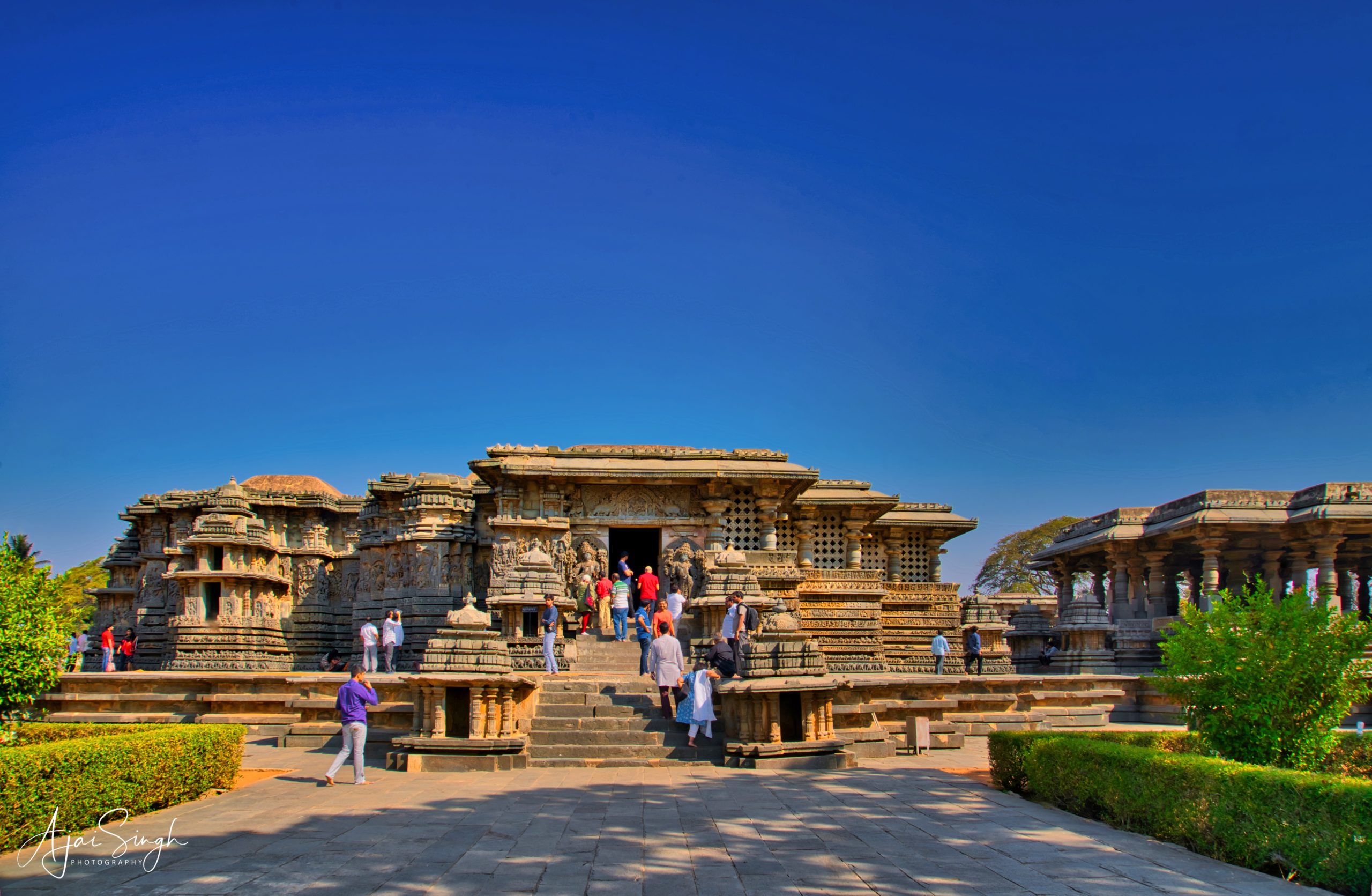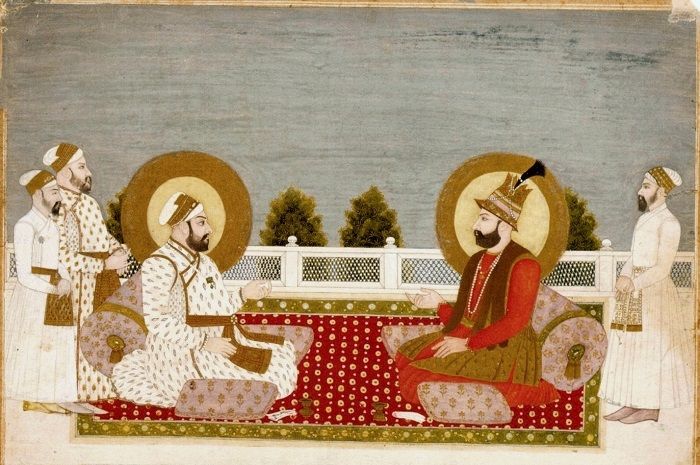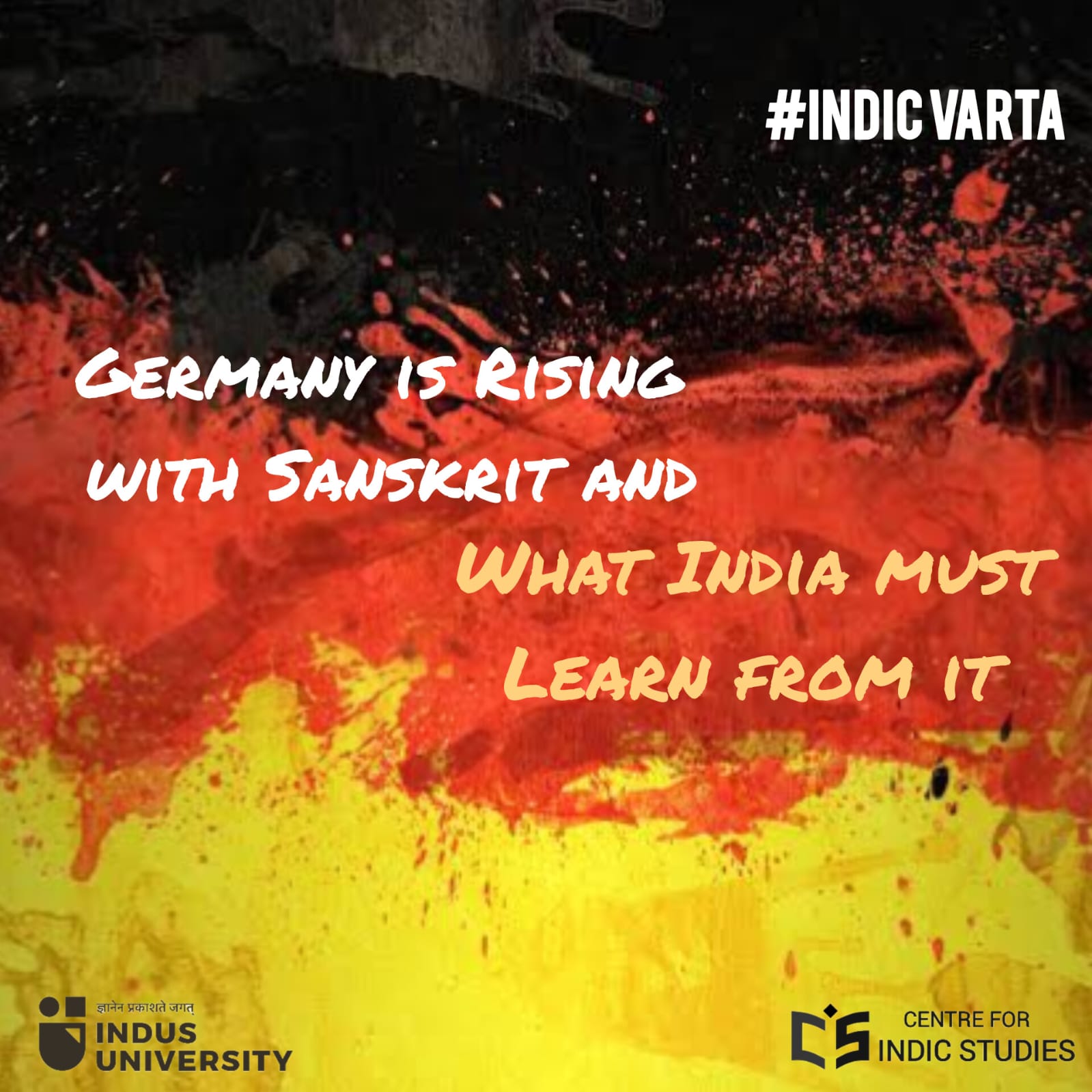- Visitor:277
- Published on:
Ayurveda as a Knowledge System – 1
In this article, P.Ram Manohar explains how Ayurveda is a knowledge system that facilitates self-transformation and awakening of the consciousness.

Changing Perceptions on the Nature of Ayurveda
During colonial rule in India, circumstances became unfavorable for the growth and development of indigenous medicine. At the same time, scientific medicine made a triumphant entry into the arena of health care. This paved the way for relegation of ancient health are practices like Ayurveda to the status of proto-scientific or pre-scientific medicine. And it looked as though such traditions would ultimately be assigned a legitimate place to rest in the annals of human history in due course of time.
The persistence of such practices in the socio-cultural milieu of the developing countries, however, led to the rediscovery of useful elements in these traditions that were based on empiricism and worked in real life situations. And their resurgence in the technology-intensive health care setup of the developed countries has nurtured an attitude of openness to integrate “tested” practices into mainstream medicine. Bodies of international acclaim like the World Health Organization (WHO) and the National Institution of Health (NIH) have taken steps to evaluate it scientifically.
Ayurveda has been variously looked at as a collection of herbal recipes, primary health care and an alternative system of medicine, notwithstanding the fact that a minority of enthusiasts swear the holistic nature and spiritual approach of this tradition.
Attempts to understand Ayurveda, it seems, have been limited by an overemphasis on external frameworks of reference, so much so that the traditional viewpoint has been eclipsed and neglected. Therefore, a fresh enquiry into the nature of Ayurveda is very much called for at this crucial juncture when it is getting all set to become a global phenomenon.
Classically, Ayurveda has sought to define itself as a knowledge system and not merely as a health care approach or medical system.
This paper is an attempt to critically examine the position assigned to Ayurveda by tradition and in the process to also highlight its strengths and weaknesses as a knowledge system.
In the country of its origin, Ayurveda is a recognized subject for formal study in the universities today. Unlike astrology, Ayurveda has not been dismissed as a pseudo-science but it is important to bear in mind the fact that it has not been accepted as a true science also. An investigation into the epistemological foundations of Ayurveda might hold the key to unravel the salient features of Indian Knowledge Systems because Ayurveda is a living tradition and perhaps the most vibrant of the Indian traditions of knowledge.
Ayurveda as a Knowledge System
The term Ayurveda is composed of two words – Ayu and Veda. Ayu denotes the subject matter and Veda, the knowledge of the subject. To unravel the nature of Ayurveda as a knowledge system, the meaning of the word Veda has to be deciphered. Ayurveda is defined as the knowledge that helps one to understand and preserve life. The emphasis is on understanding the life process, which will facilitate its preservation.
Ayurveda, was traditionally valued not merely because it deals with the important topic of life, health, disease and death, which is what the word ayu means. Indeed, Ayu denotes life in totality. The intrinsic value of Ayurveda lies in the unique method it adopts to gather knowledge on the important subject-matter that it deals with.
The classical literature of Ayurveda gives one the impression of the word Veda being used in a profound sense, not being restricted to denote the body of writings known popularly as the four Vedas.
Caraka-Samhita, the celebrated work on general medicine in Ayurveda, explicitly states that any proposition that is in tune with the spirit of the Veda, put forth by serious investigators, approved by the learned and of benefit to humanity can be accepted as Veda. This statement makes it very clear that Veda represents an approach to knowledge building.
As if to emphasize the nature of Ayurveda as a knowledge system, the classical teachings often omit the word Ayu and refer to Ayurveda simply as Veda. This is evident in the names of certain chapters and certain key verses dealing with epistemology. For instance, the first chapter of the Susruta-Samhita, the oldest treatise on the school of surgery in Ayurveda, is called as Vedotpatti (meaning origin of Veda, i.e., Ayurveda). The Caraka-Samhita replaces the term Ayurveda with Veda on several occasions.
A grammatical analysis of the word Veda yields interesting insights. The word Veda is derived from at least four roots in Sanskrit, which means reality, concept building, analysis and experience. Weaving these meanings together, one gets the striking impression that Veda implies the ability of the human mind to encounter reality, conceptualize, analyse and internalize the content of experiences. The start and end points of knowledge building in Veda is experiences.
The four Vedas epitomize the harmonization of the powers of desire, knowledge and action. Rgveda (from rc stutau meaning to praise) represents the will power that has become charged by divine inspiration, Yajurveda (from Yaj dane devatarcane) represents the power of knowledge and Samaveda (from Samikaroti iti Sama) represents the equalizing vision of true knowledge. When these powers are fully harnessed, one is able to encounter and learn from experiences in the most effective way.
The Vedic way of life represents a gradual evolution from a state of ignorance in which humans act under the compulsion of desires to a state in which they become capable of taking informed decisions on the basis of accumulated knowledge. Atharva(from na tharvati meaning fixed or unmoving) Veda represents the corrective measures taken to unify the powers of desire, knowledge and action when they go out of balance.
In Ayurveda these powers are known as smrti (the memory of previous experiences which creates desires), dhi (the intellect that generates knowledge) and dhrti (the ability to act with control). The awakened state of the mind in which these faculties function with harmony is called as Prajna. Prajna enables one to achieve perfect harmony with the universe and achieve the highest level of health. Treatment for the body (laukiki) produces temporary results and treatment for the mind leads to a permanent solution (naisthiki) when Prajna is awakened. Ayurveda is a knowledge system that facilitates self-transformation and awakening of the consciousness.
[Source: P. Ram Manohar, “Ayurveda as a Knowledge System” in Kapil Kapoor and Avadhesh Kumar Singh. eds., Indian Knowledge Systems. Vol.1, (Shimla: Indian Institute of Advanced Study, 2005), pp. 156-170]
Center for Indic Studies is now on Telegram. For regular updates on Indic Varta, Indic Talks and Indic Courses at CIS, please subscribe to our telegram channel !
- 138 min read
- 2
- 0










